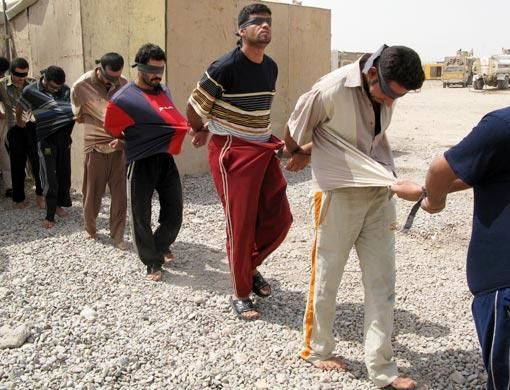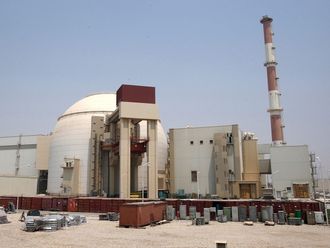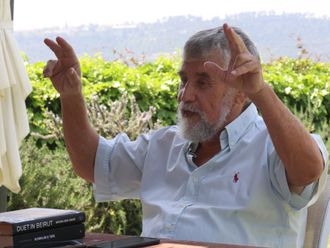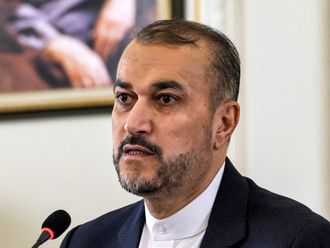Washington: In a preview of his report to Congress next week, General David Petraeus on Friday expressed disappointment in the lack of progress toward political reconciliation in Iraq.
Administration officials said he wants to return to Washington for another assessment in six months to allow more time for Iraqi politics to catch up with what Petraeus regards as rapidly improving security conditions.
Writing to his troops, the top US commander in Iraq emphasised that violence there had diminished in eight of the last 11 weeks.
But while "many of us had hoped this summer would be a time of tangible political progress," Petraeus said in a letter addressed to "Soldiers, Sailors, Airmen, Marines, Coast Guardsmen, and Civilians" serving in Iraq that "... it has not worked out as we had hoped."
5,000 troops to be cut
Petraeus has privately signalled that he can accept token reductions in US troop strength, and US military officials in Iraq have begun to identify areas where they can selectively draw down as many as 5,000 troops by spring, administration officials said.
But Petraeus, who will be joined in testifying next week by Ambassador Ryan Crocker, wants to reassess conditions in Iraq in March before making further reductions, administration officials said.
"I think Dave will highlight in his testimony that he can see a place in the future where he can begin to shift his weight from doing what he is doing now to a new phase of operations, and that new phase of operations will require fewer troops," one senior administration official said.
But he added, "This is a delicate balance to be struck. If you do it too quickly, you endanger the gains you have made."
President Bush's troop increase strategy - first announced in January - was premised on the notion that increased security would provide "breathing space" for the Iraqi government to make critical advances toward national reconciliation.
Whatever security gains have been achieved have not been matched on the political front, however, and congressional Democrats, along with influential Republicans, have argued that the Iraqi government is not seizing the opportunity US forces have provided.
Petraeus briefed the president and offered his recommendations on how to proceed in Iraq over the last two weeks, but White House officials said they have not seen the text of the testimony he plans to deliver to Congress.
They said Bush is not sure exactly what his general will say - part of an effort to push back at criticism that the administration is stage-managing Petraeus's congressionally mandated appearance.
Although Bush has deflected political pressure to change course in Iraq by urging critics to wait for Petraeus' assessment, White House officials insist that the president himself will make the final determination of what to do in Iraq.
Petraeus' desire to make another Iraq assessment in six months was seen by some US officials as an effort to forestall any major changes in strategy or troop deployments until security gains solidify and produce hoped-for political progress.













